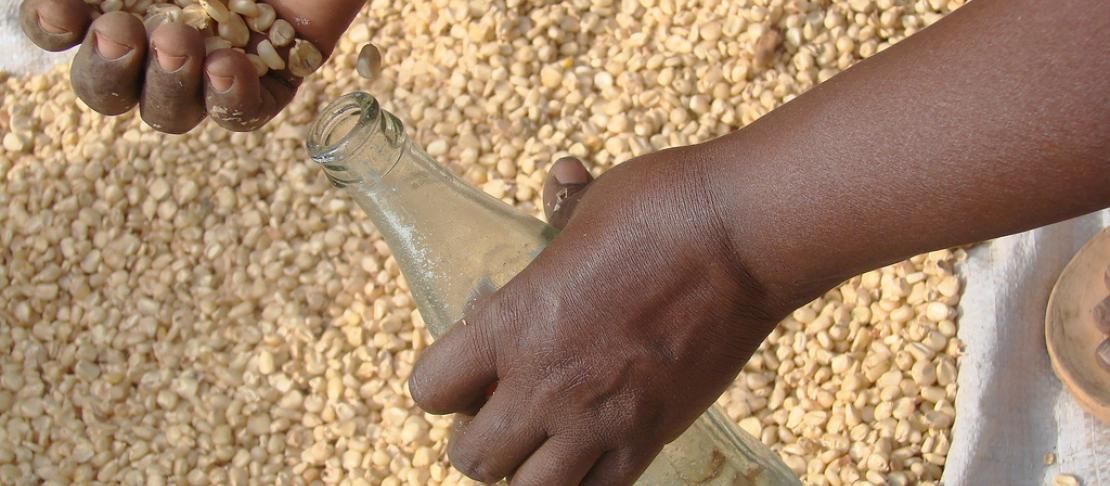Reducing agro-food induced GHG emissions through effective FLW reducing strategies

Project description
Globally, approximately one-third of food is lost or wasted, contributing to ~8% of annual greenhouse gas (GHG) emissions lost or wasted. Experts predict that food waste will increase further with diet shifts and increased incomes, indicating larger emissions lost and wasted, a situation that is unacceptable in the context of both global food insecurity and the need to mitigate climate change. Reducing food loss and waste therefore is critical. Scientists have found that reducing food loss and waste has high potential for reducing emissions in certain subsectors, and may even contribute to alternative energy production.
This project explores the evidence for how much mitigation could be achieved by reducing food loss and waste, drivers for food loss and waste in supply chains important to mitigation, and strategies for reducing food loss and waste to achieve food- and nutrition- secure food systems while also reducing emissions.
The project is establishing initiatives in selected high-potential value chains and regions with strong consortia that target the reduction of food loss and waste. The project explores business models and finance, stakeholder incentives, and interventions in the enabling environment.
The project has identified the following priority countries: India, China, Vietnam, Colombia, Ethiopia, Ghana and Kenya.
The focus for 2019-2021 is to extend the methodology applied in previous limited case studies (2016-2018) to a more applicable methodology with a broad underlying data set.
Expected outcomes
- Contribution to at least 6 policy decisions taken based on the insight into the relation between food loss and waste and GHG emissions leading to adoption and facilitation of measures for reducing food loss and waste and thus GHG emissions.
- The project will work on at least 4 agricultural development initiatives where - built on CCAFS science - interventions will be implemented, monitored and evaluated to reduce food loss and waste and thus GHG emissions.
Gender and youth
Several case studies will be oriented on solutions beneficial to women and youth. The project work will take gender constraints and opportunities into consideration in value chain and activity mapping, so that this insight will feed into the policy decisions.
More information
For more information, please contact project leader Jan Broeze, WUR (jan.broeze@wur.nl).